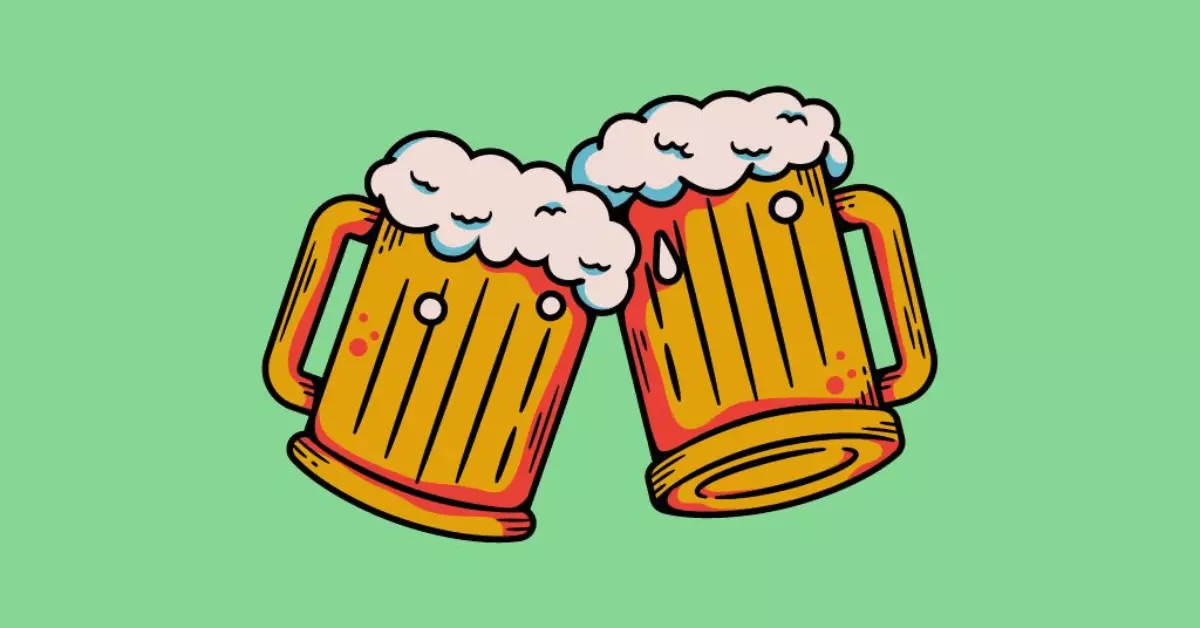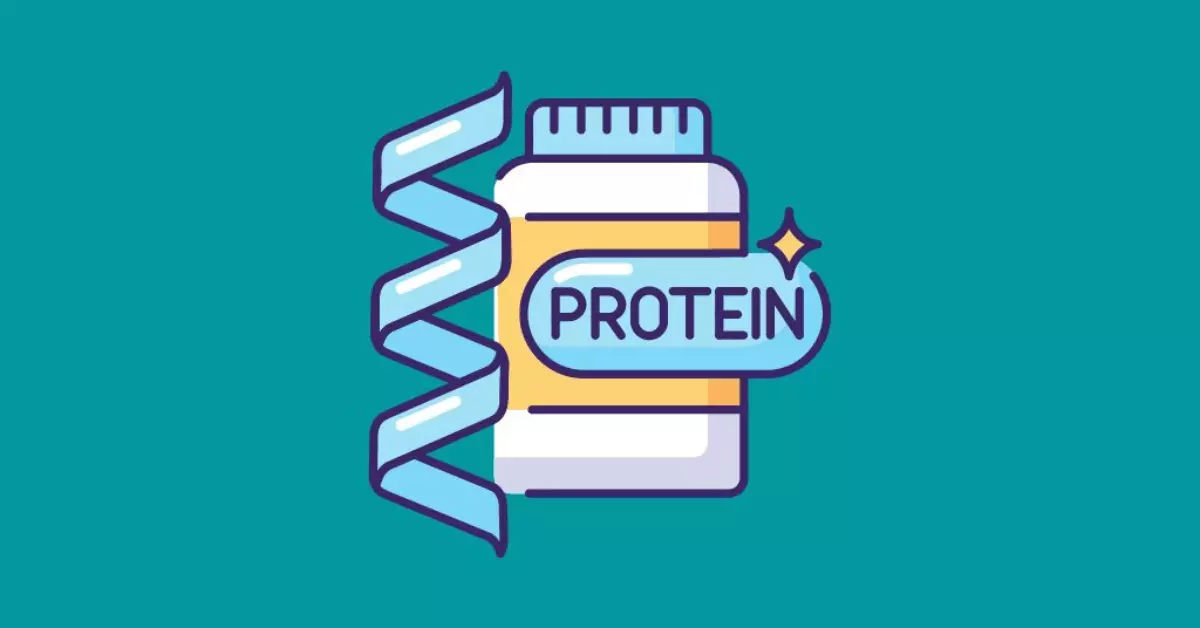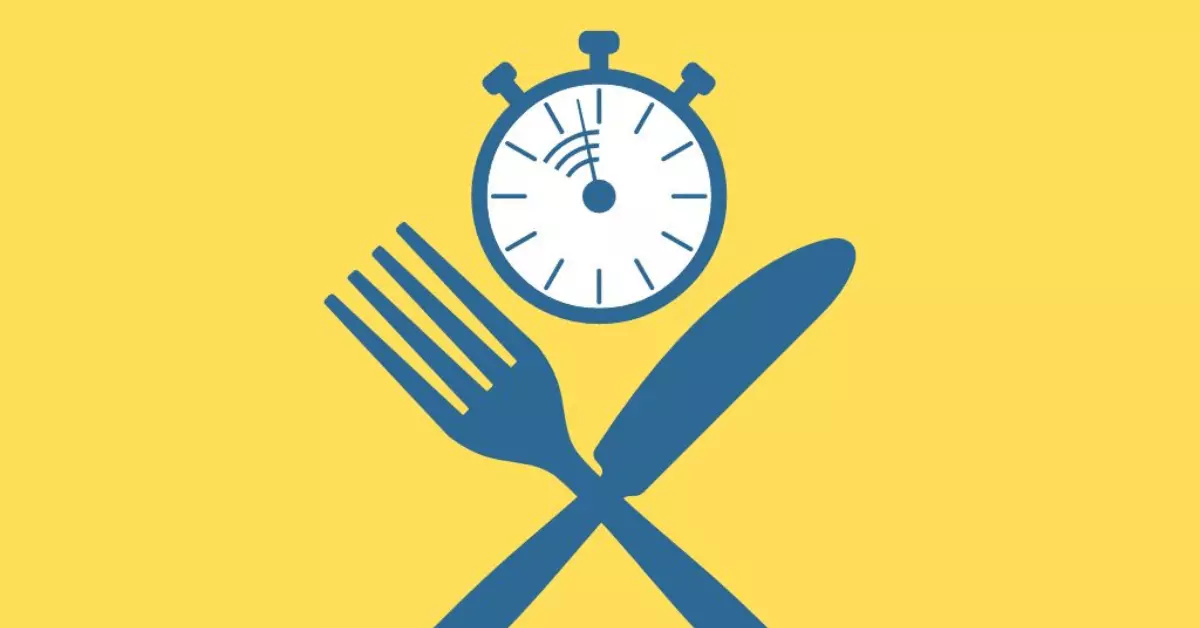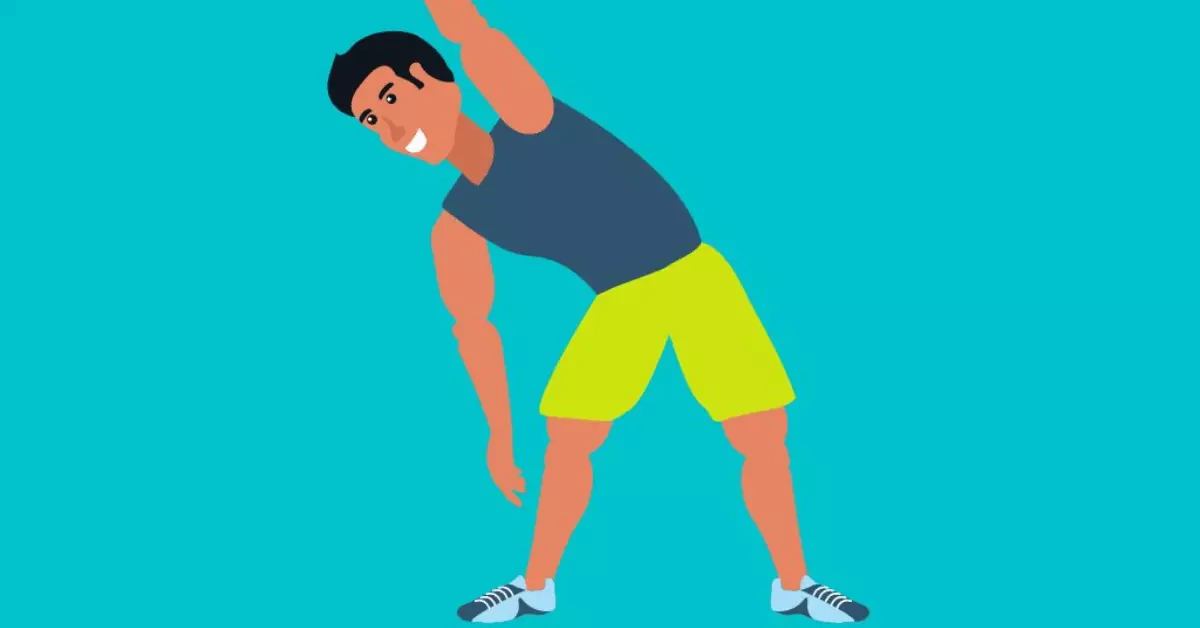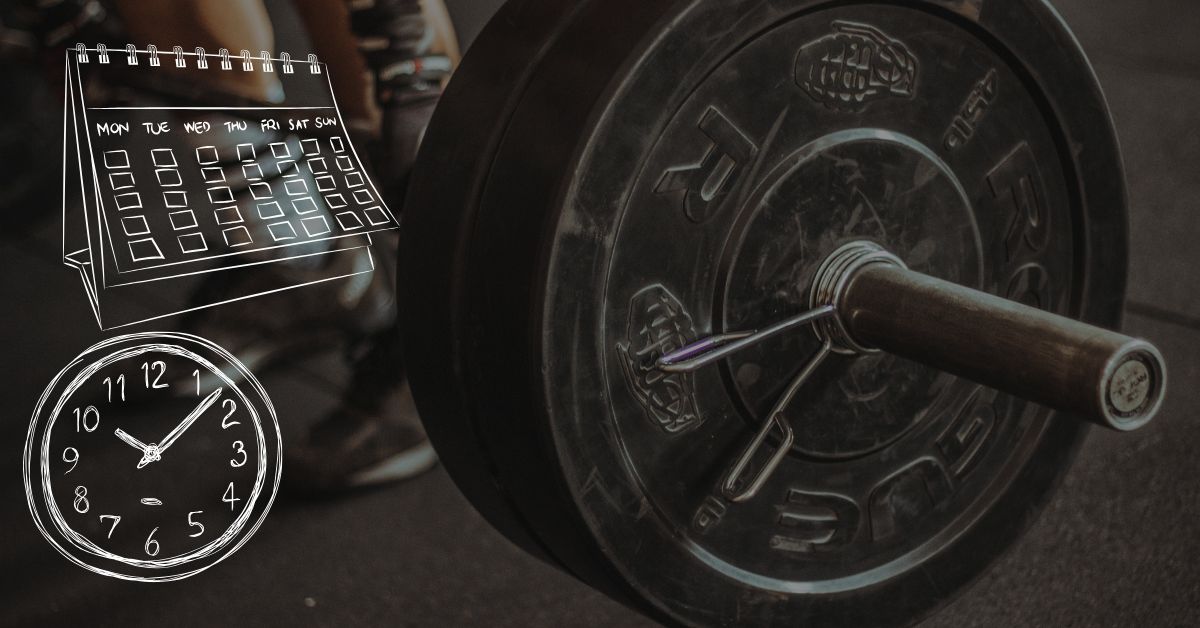Get ready to kick off winter with 7 Bamboos RFC!…

7 Mistakes You Need to Avoid After Your Workout
Learn from the mistakes of others. You can’t live long enough to make them all yourself.” (Eleanor Roosevelt)
Do you enjoy working out at the gym? If the answer is yes! That’s fantastic, keep going. If the answer is no, keep going until you love it, but keep going!
Weight training has many scientifically approved positives:
– Build muscles and become stronger
– Burn body fat
– Strengthen your bones and joints
– Reduce injury risk
– Improve cardiovascular health
– Become mentally stronger
With so many benefits you gain from weight training it doesn’t matter where you are in your career or if you already retired: Weight training is always worth the effort.
Following your gym session, a number of interesting processes in your body kick in.
The recovery process begins, you might suffer from DOMS (delayed onset muscle soreness) and experience mental and physical changes.
It’s a lot the body needs to cope with and therefore a lot depends on if you gain the full effects from weight training.
Here are 7 mistakes you should avoid when exercising:
#1 Drinking Alcohol
Your body requires valuable nutrients to repair itself, especially after a hard workout. If you fill it with alcohol instead, you ruin your fat loss and muscle gain. Skip the drinks and have actual food instead.
This is because alcohol slows the natural recovery process from your workout session by elevating your cortisol levels, decreasing your testosterone levels, and inhibiting protein synthesis.
Alcohol is identified by the body as a toxin; hence, muscle and fat burning are inhibited. Physiologically, it’s not helpful to drink after a workout if you’re attempting to achieve fitness gains, especially if you enjoy a post-workout alcoholic beverage regularly.
#2 Rewarding yourself with junk food
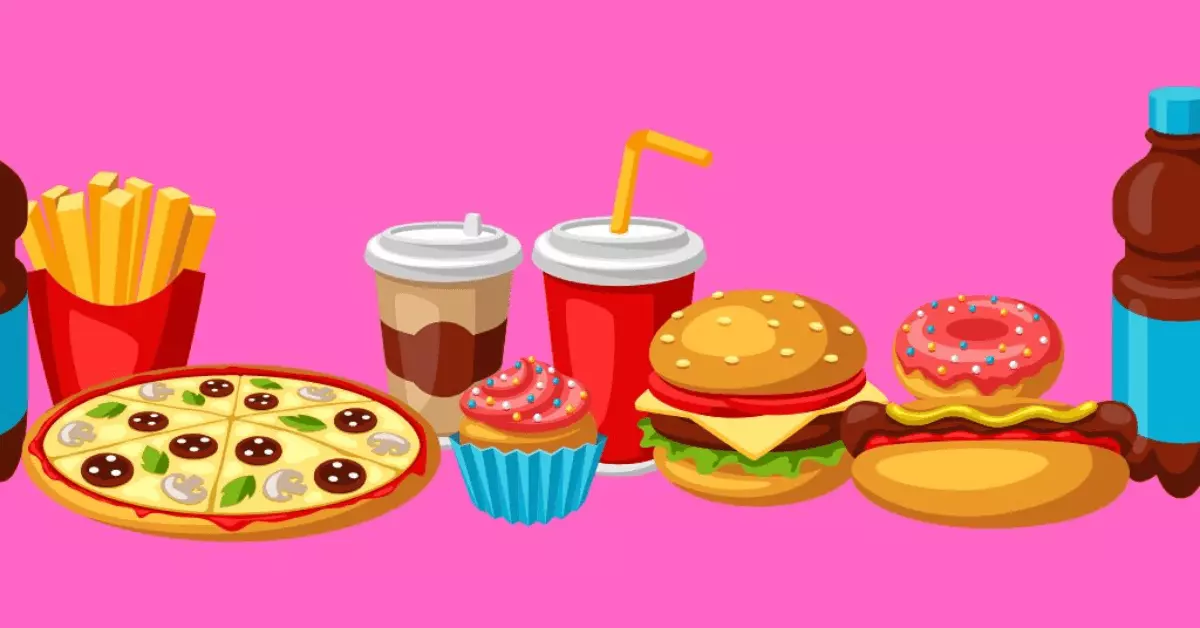
Junk food causes overeating, sugar spikes, and delivers very little nutritional value. Opt for “real” food instead. If you are craving a snack grab a banana instead of chocolate or a protein shake instead of a can of coke.
Research has clarified that the effects of fast food on your mind and body can be quite damaging. A diet of chronic fast food consumption comes with a slew of harmful health effects, ranging from an increased risk of heart disease to diabetes and obesity.
If you love burgers, chips, processed meats, salty snacks and sugary sweets putting on more excess weight isn’t the only negative side effect. In fact, a lot of the effects of fast food consumption are invisible until it’s too late. Fast food increases belly fat, which is linked to chronic problems like inflammation and high blood pressure.
An extended study from 2016 on animals resulted that unhealthy food was harmful to kidneys, and has even been linked to depression and mental health issues. In another study from 2016 researchers found that processed food can increase a person’s exposure to harmful chemicals, like phthalates and bisphenol A (BPA).
Furthermore, fast food carries a well-established link to chronic illnesses including cardiovascular disease, Type 2 diabetes and even cancer.
#3 Sleep deprivation

Muscles develop while the body is at rest, not in the gym. Sleeping well is the most effective method of relaxation. At least an hour before bedtime, turn off your phone, iPad, TV, and game console to clear your thoughts.
The secret to reaching your fitness goals is sleep: No matter if your goal is to enhance lean muscle growth, boost endurance, or improve cardiovascular health. All of these “goals” require quality rest.”
A good regular sleep of 7+ hours a night gives your body time to recover, conserve energy, and repair and build up the muscles worked during exercise.
It also helps the body to produce growth hormones. While the hormones support growth during childhood it helps to build lean muscle and supports body repair later on in life.
#4 Inadequate protein post-workout
Your body needs amino acids to rebuild muscles. Studies have shown that ingesting 20–40 grams of protein seems to maximize the body’s ability to recover after exercise. Protein shakes, healthy protein bars, and protein-filled meals help with this.
A gym workout triggers the breakdown of muscle protein. The rate at which this happens depends on the exercise and your level of training, but even well-trained athletes experience muscle-protein breakdown.
Eating high-quality protein during the first two hours following an exercise may encourage your body to produce the building blocks for new muscle tissue if your goal is primarily to gain muscle.
#5 Waiting too long to eat after working out
Your gains won’t be “lost” immediately. However, don’t waste too much time. As muscles break down, amino acids are lost. An ongoing supply of amino acids is needed for muscle repair. Within 1–2 hours of your workout, try to consume a meal that is largely protein.
When you’re working out, your muscles use up glycogen — the body’s preferred fuel source, especially during high-intensity workouts. This results in your muscles being partially depleted of glycogen.
Following a workout, your body rebuilds glycogen stores and regrows muscle proteins. Consuming the right nutrients soon after exercise can help your body get this done faster. It’s especially important to eat carbs and protein after a workout.
#6 Not drinking enough water
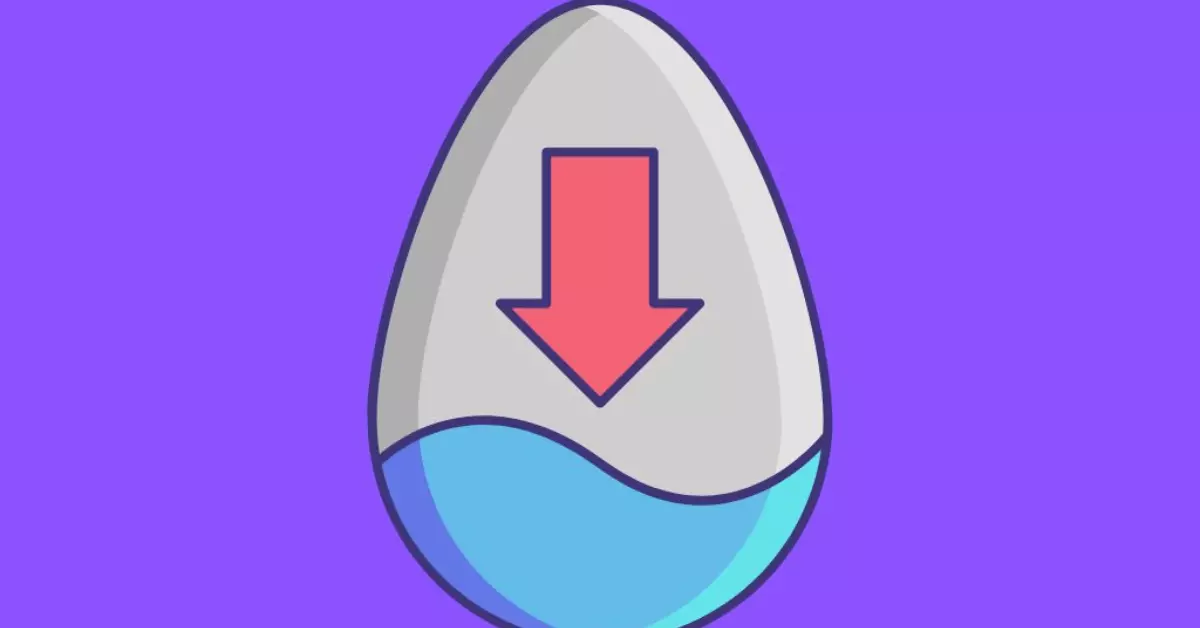
Hydration is essential for muscle growth. Especially if you perspire a lot. Aim for 2–4 liters of water per day. Rehydrate your electrolytes (sodium, magnesium, and potassium).
Staying hydrated prevents complications of dehydration when the amount of water in your body falls below a normal, healthy level.
Dehydration can make it harder for your body to regulate heat, which can cause your body temperature to rise and your heart rate to increase. This causes you to feel more tired or fatigued. Common tell-tale signs of dehydration are thirst, muscle cramps, dry mouth, dark-colored pee and nausea.
#7 Not stretching post-workout
Take your time to do stretches after your workouts. Through stretching, you avoid muscle tightness, postural imbalances, and risk of injury.
With a simple but efficient post-workout routine you support increased flexibility which helps constricted and contracted muscles release back to their more comfortable state.
Stretching also promotes improved blood circulation by allowing the body to cool down and the heartbeat to return to normalcy. The release of lactic acid during an intense workout is broken with stretching.
Furthermore, stretching eliminates the lactic acid that has accumulated inside the body and also relaxes the muscles and even can boost your energy through endorphin releases, a natural and healthy feel-good chemical.
Conclusion
Regular gym sessions will help you to become a better athlete. However, the various benefits gained from an intense workout can be ruined easily by some common mistakes.
As detrimental as not getting enough sleep or skipping a good stretch is consuming alcohol and junk food, eating low-protein diets, or not drinking enough water after a workout.
Athletes who are looking to improve their performance should take those scientifically proven tips into consideration.
We would love to hear what your #1 tip is to make your training a success.
#workout #training #routines #weights #gains

